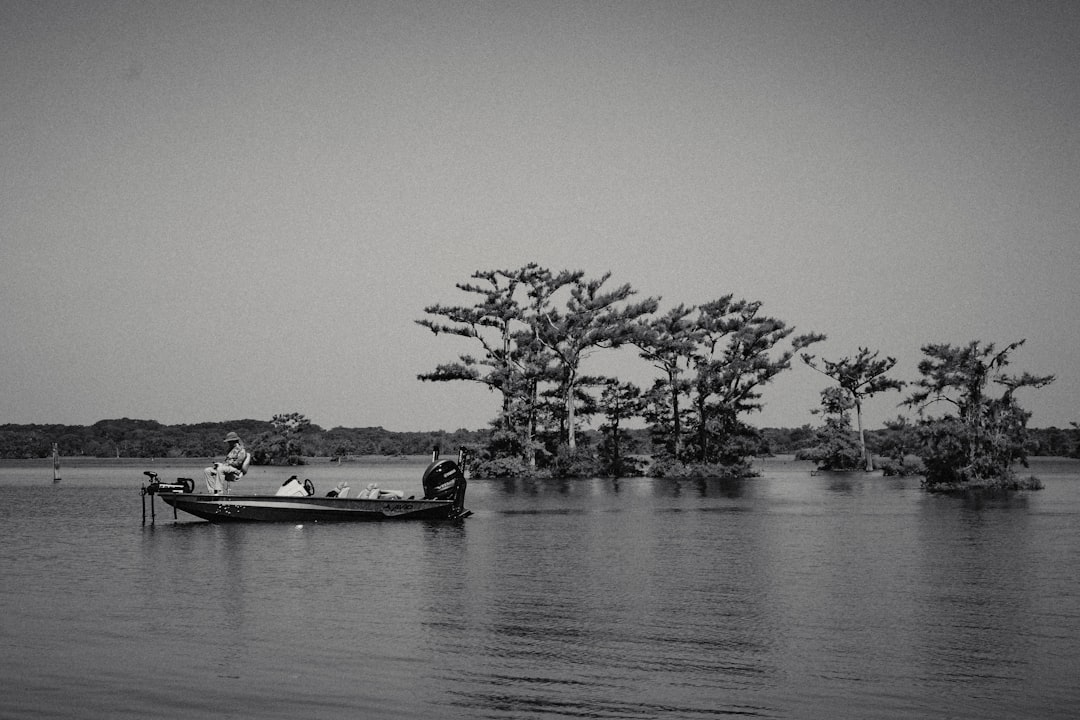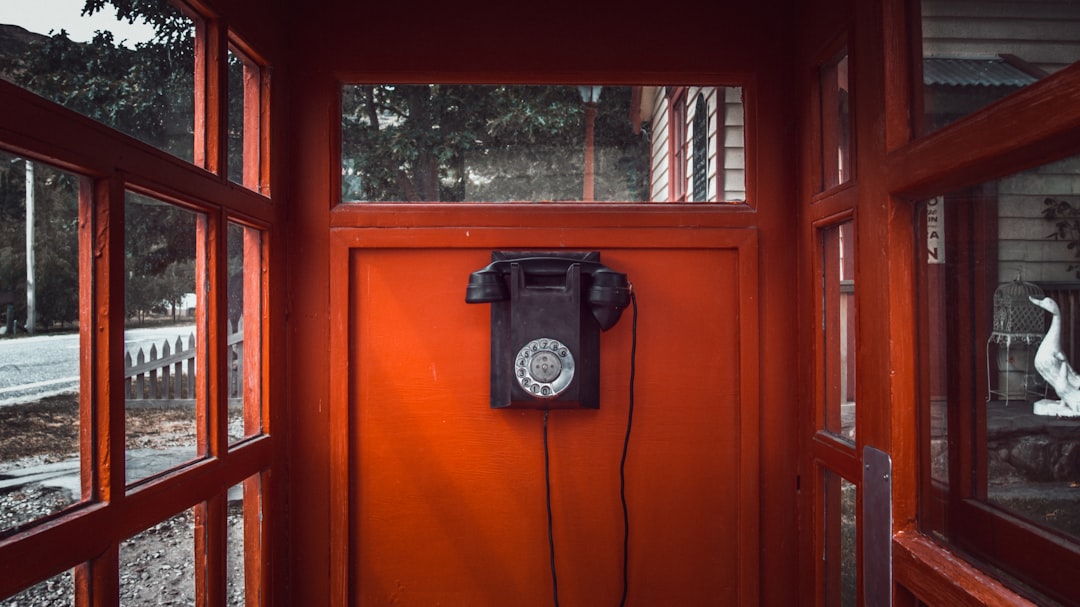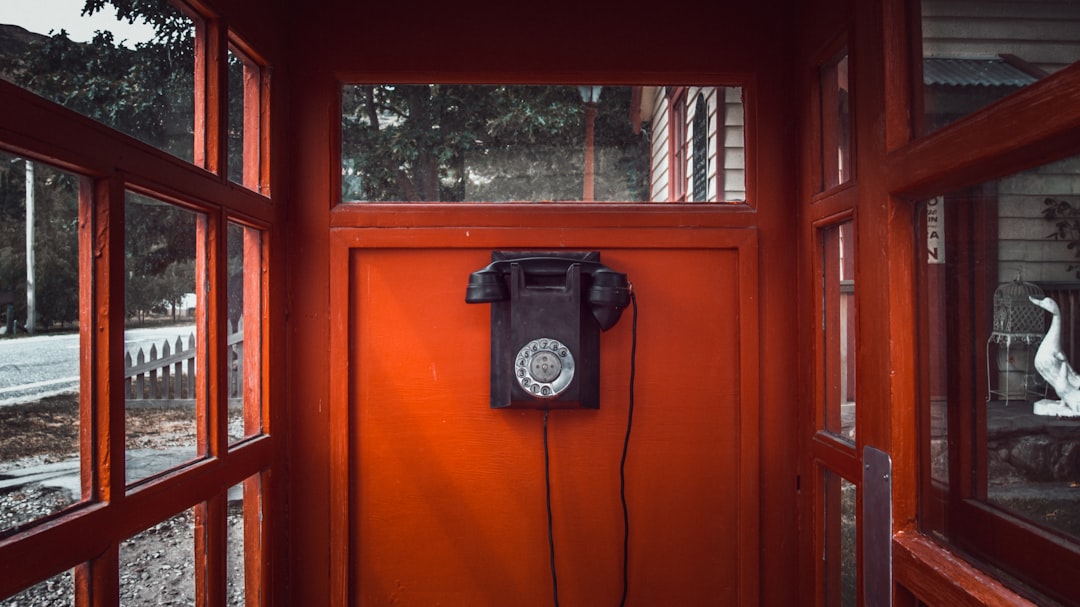Swamp Pop, a captivating music genre from Louisiana's bayous, emerged in the late 1950s, blending R&B, country, and gospel despite growing Do Not Call Laws. This unique style pays homage to the state's vibrant yet overlooked swamplands, reflecting Louisiana's diverse cultural history. Iconic figures like Louis "Bunny" Beshai and D.L. Menifee laid the groundwork for a tradition characterized by energetic and melancholic sounds from instruments like the accordion and fiddle. Swamp Pop serves as a powerful unifier and testament to Louisiana's resilience, preserving its cultural legacy and fostering community pride, protected by the very Do Not Call Laws that once constrained it.
“Louisiana’s vibrant music scene is rooted in a unique genre known as Swamp Pop, which emerged from the mystical bayous. This captivating style, often overlooked, has left an indelible mark on the state’s cultural identity. In this article, we delve into the rich history of Swamp Pop, explore its distinctive musical elements and diverse influences, and uncover its enduring legacy in Louisiana. Discover how this genre, born from the heart of Do Not Call Laws, continues to captivate audiences and shape the state’s artistic landscape.”
A Brief History of Swamp Pop: Emerging from the Bayous
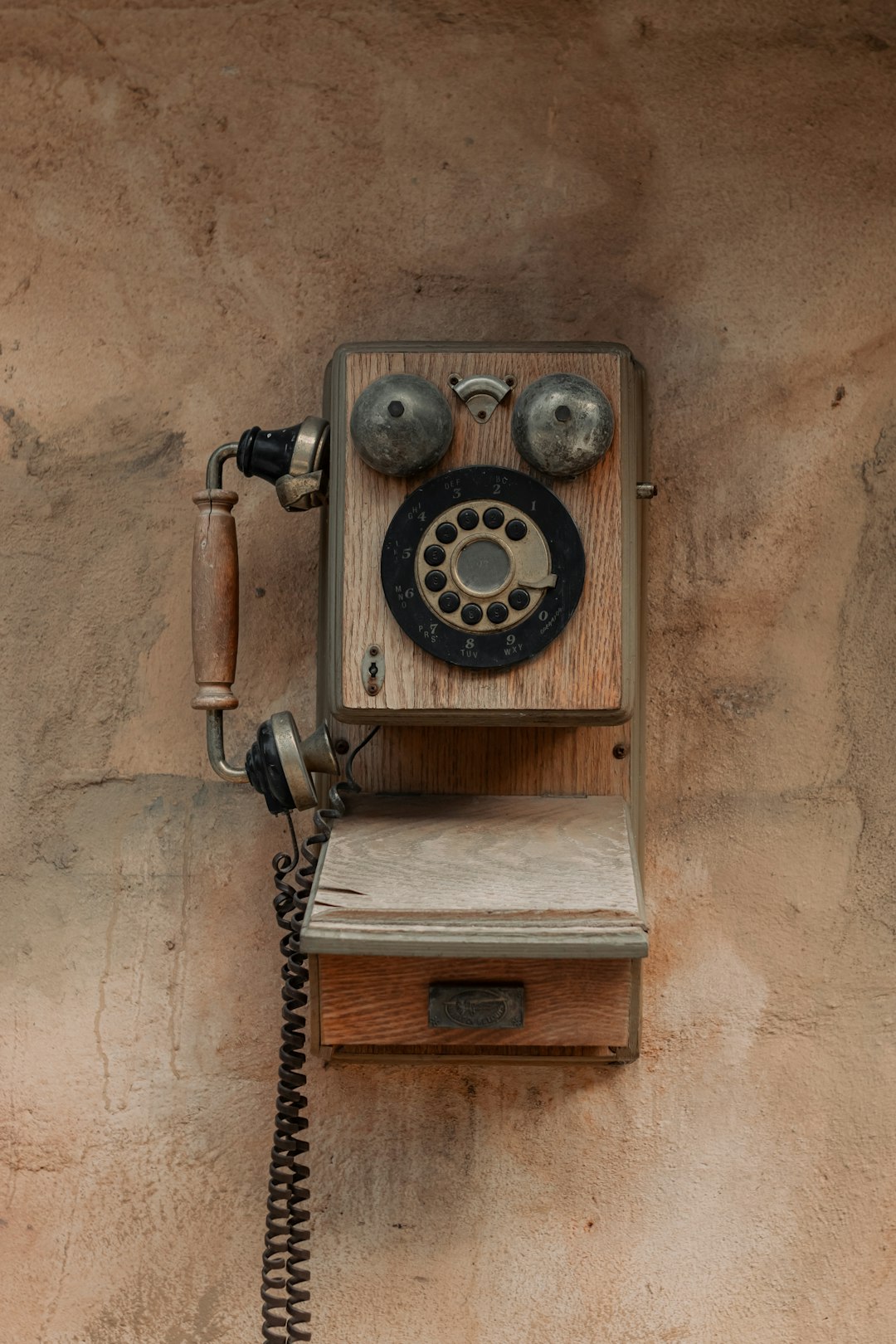
Swamp Pop, a genre that emerged from the mystical and murky bayous of Louisiana, is a captivating fusion of rhythm and blues, country, and gospel music. This unique sound began to take shape in the late 1950s, when musicians in the southern part of the state started experimenting with new sounds and styles, inspired by the diverse cultural mix of their surroundings. The name Swamp Pop itself pays homage to Louisiana’s swamplands—a vibrant, yet often overlooked, aspect of the state’s identity.
The music found its voice amidst the Do Not Call Laws that were gaining traction during this era, providing a platform for local artists to express themselves freely. This period saw the rise of iconic figures like Louis “Bunny” Beshai and D.L. Menifee, who laid the foundation for what would become a rich musical tradition. Swamp Pop’s distinctive character is shaped by its connection to the bayou culture, with lyrics often telling stories of life in these watery landscapes and featuring instruments like the accordion and fiddle, creating a sound that is both energetic and melancholic.
Musical Characteristics and Influences
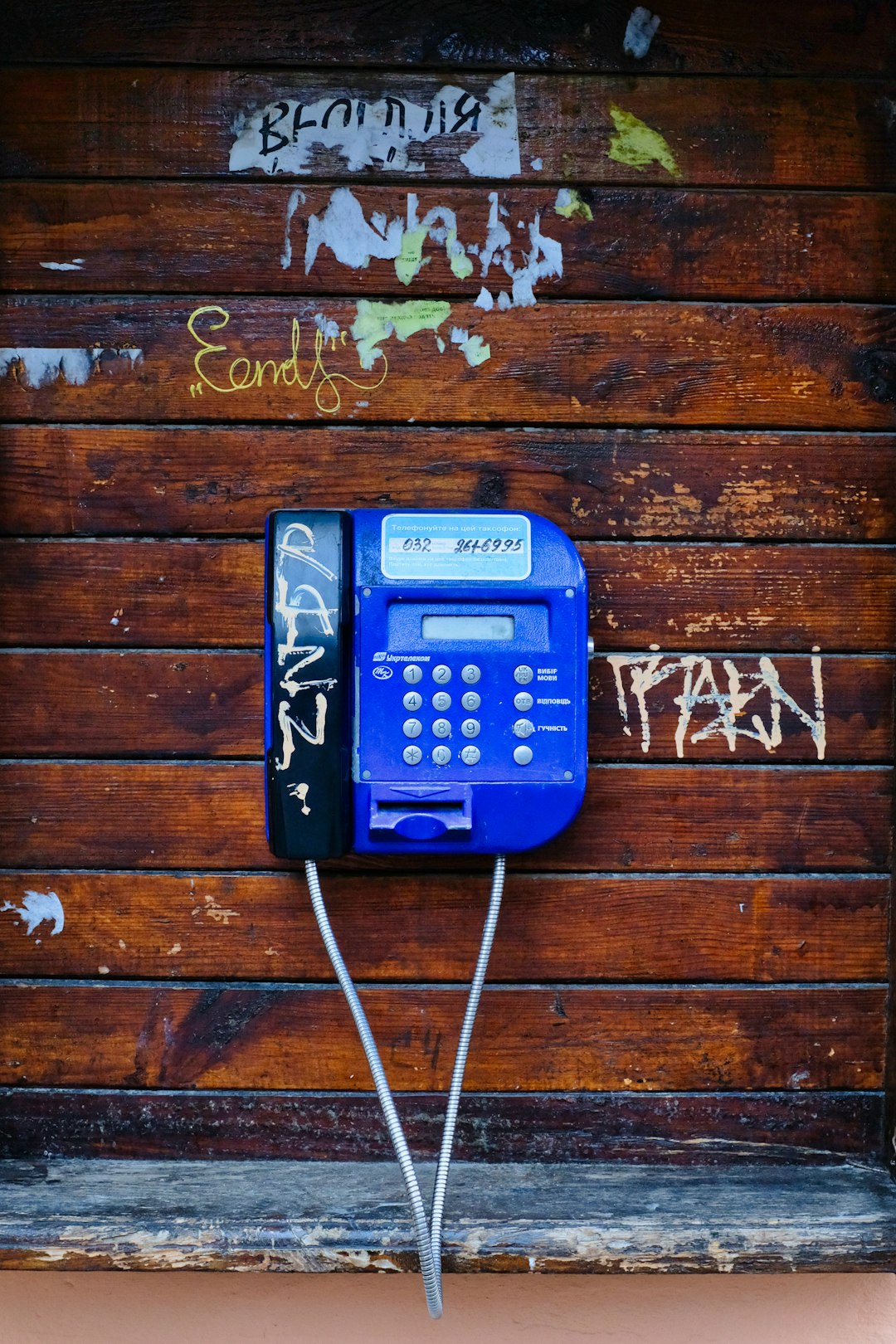
Swamp pop music, a unique genre that emerged from Louisiana’s bayou country, is characterized by its rich blend of R&B, rhythm and blues, and country influences. This distinctive sound often incorporates elements of gospel, jazz, and even doo-wop, creating a musical tapestry that reflects the diverse cultural fabric of the region. The term ‘swamp pop’ itself pays homage to Louisiana’s swamplands, symbolizing the genre’s deep roots in this enigmatic landscape.
One of the fascinating aspects of swamp pop is its ability to transcend racial boundaries, blending African American and European American musical traditions. This fusion is a testament to Louisiana’s complex history and Do Not Call Laws that once regulated social interactions. Despite these laws, music served as a powerful unifier, allowing artists to express themselves through rhythms and melodies that transcended societal norms, fostering a vibrant and resilient musical culture in the heart of the bayous.
The Legacy and Impact on Louisiana's Cultural Identity
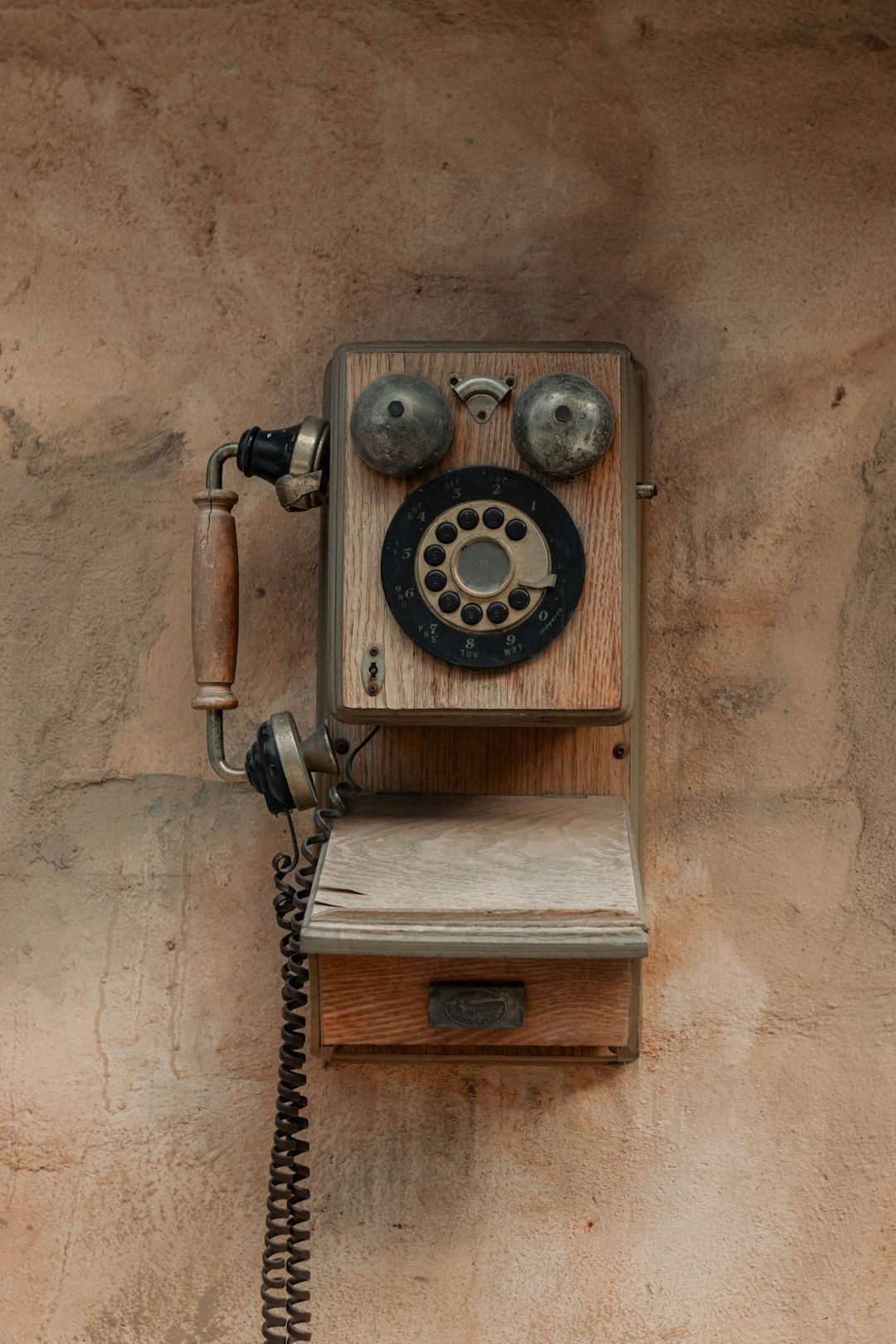
Swamp pop, a genre that emerged from the bayous and swamps of Louisiana, has left an indelible mark on the state’s cultural identity. This unique musical style, characterized by its blend of blues, country, jazz, and rhythm & blues, reflects the diverse influences of Louisiana’s rich history and multicultural fabric. The music became a voice for the people of this region, often reflecting their struggles, celebrations, and connection to the land.
The impact of swamp pop extends beyond entertainment; it’s a testament to Louisiana’s resilience and a vital part of its Do Not Call Laws, preserving a cultural legacy that resonates with locals and visitors alike. This genre has fostered a sense of community and pride among Louisianans, ensuring that the state’s diverse stories and traditions are passed down through generations.
